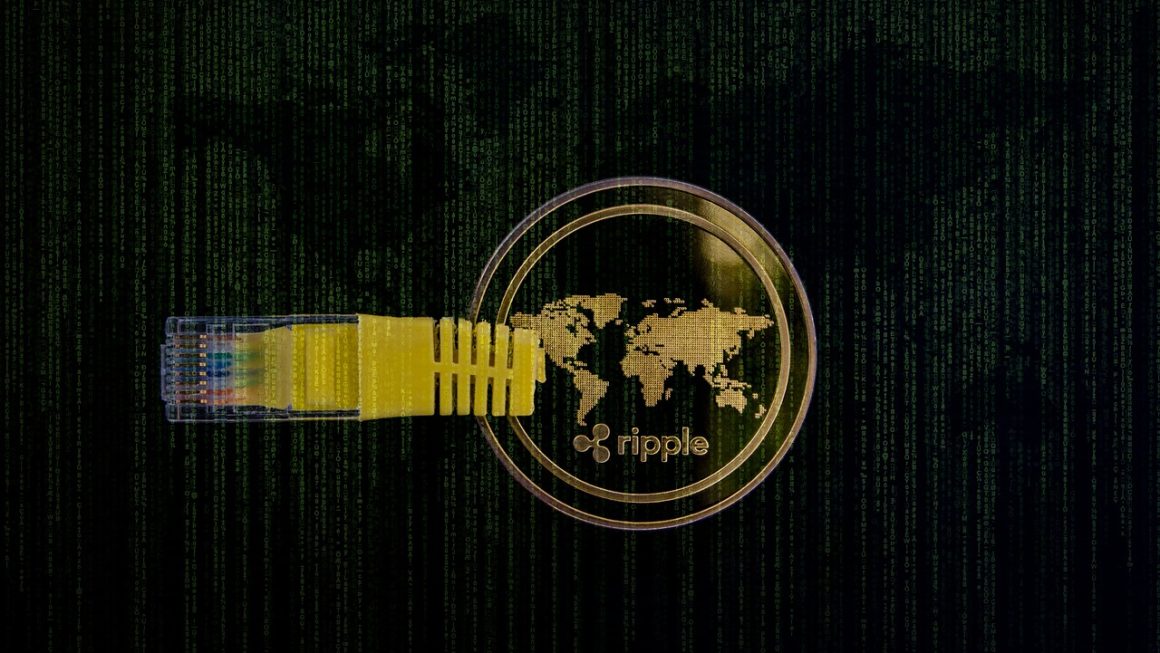Blockchain Innovation: Revolutionizing Industries
Blockchain technology has emerged as a groundbreaking force, revolutionizing various sectors with its innovative applications. From finance to supply chain management, blockchain’s decentralized, secure, and immutable nature is transforming how we interact with data and conduct transactions.
Key Features of Blockchain Technology
Decentralization
- Data is distributed across a network of computers, eliminating single points of failure.
- No central authority controls the network, fostering trust and transparency.
Immutability
- Once data is added to the blockchain, it cannot be altered or deleted.
- This ensures data integrity and prevents tampering.
Security
- Transactions are cryptographically encrypted, making them highly resistant to fraud and cyberattacks.
- Blockchain’s distributed nature makes it difficult for malicious actors to compromise the system.
Applications of Blockchain
Finance
- Cryptocurrencies: Digital currencies built on blockchain, enabling secure and decentralized financial transactions.
- Smart Contracts: Self-executing agreements that automate tasks, reducing transaction costs and improving efficiency.
Supply Chain Management
- Tracking and Traceability: Blockchain allows for real-time tracking of goods and materials throughout the supply chain.
- Provenance Verification: Consumers can verify the origin and authenticity of products, enhancing transparency and product quality.
Healthcare
- Secure Medical Records: Patient medical history can be stored securely on the blockchain, providing quick and easy access for healthcare providers.
- Drug Traceability: Tracking medications from manufacturing to dispensation helps prevent counterfeiting and ensures patient safety.
Identity Management
- Digital Identity: Blockchain can create secure and verifiable digital identities, reducing fraud and improving online security.
- Credential Management: Individuals can store and share their educational and professional credentials on the blockchain, streamlining verification processes.
Benefits of Blockchain
Increased Transparency and Trust
- Decentralization and immutability promote transparency and accountability, reducing the risk of fraud and corruption.
Enhanced Security
- Cryptographic encryption and distributed storage make blockchain a highly secure platform for sensitive data and transactions.
Streamlined Processes
- Automation and smart contracts simplify complex processes, reducing time and costs.
New Economic Opportunities
- Cryptocurrencies and decentralized applications create new investment and revenue opportunities.
Conclusion
Blockchain innovation is rapidly transforming industries, offering a transformative technology that enhances security, improves transparency, and streamlines processes. As blockchain continues to evolve and applications expand, it has the potential to revolutionize the way we conduct business, manage our identities, and interact with the world around us. By leveraging blockchain’s unique features, organizations and individuals can unlock new possibilities and drive innovation in the digital age.



